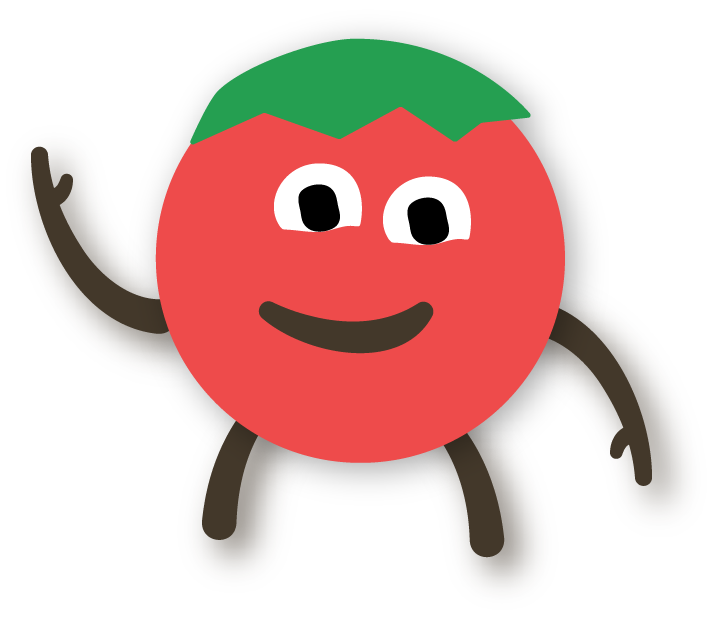Welcome to our lesson on reducing questions and commands
- In this section, you will learn
- What questions and commands are
- Why reducing questions and commands is important
- What to do instead to improve behaviors
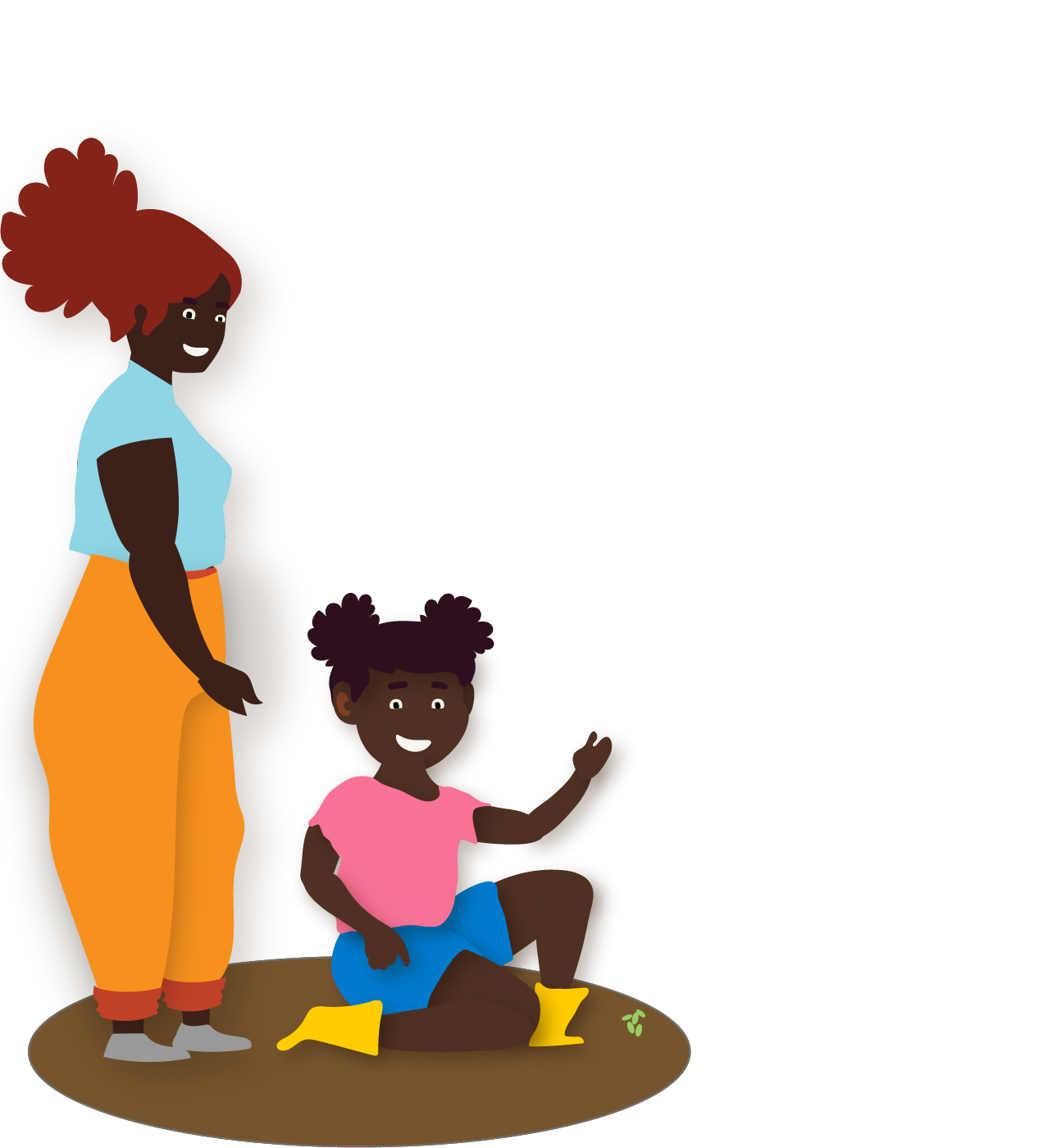
Reduce questions & commands overview
THINKING ABOUT QUESTIONS AND COMMANDS
- How many questions do you ask your child each day?
-
“How are you?”
“How did you sleep?”
“Did you eat breakfast?”
“What are you going to wear?”
“What color is this?”
“What did you say?”
- How often does your child answer your questions?
- How many commands or instructions do you give your child each day?
-
“Brush your teeth.”
“Can you help me?”
“Let's clean up.”
- How often does your child follow directions?
- How often does your child get upset after you give instructions?
- How many of these questions and commands are necessary?
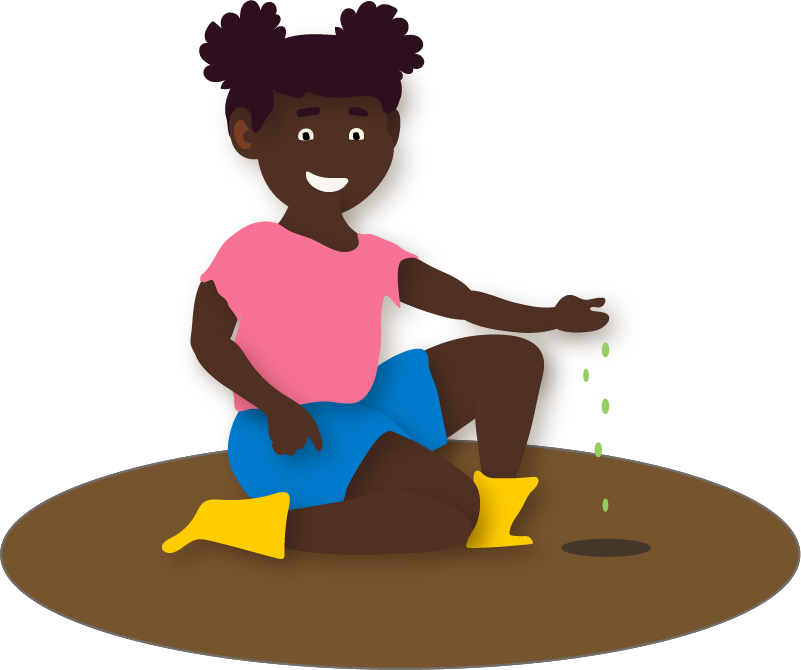
What Does Too Many Questions Sound Like?
Select Below
What Does Too Many commands Sound Like?
Select Below
WHY SHOULD I REDUCE QUESTIONS AND COMMANDS?
Click below to read more:
Some questions are helpful and let your child know you care about them. Some questions are needed to complete tasks or help your child learn. Some commands are needed to keep your child safe and healthy. You should not stop using these questions or commands.
However, many questions and commands are not needed. Using too many can overwhelm your child, especially during playtime.
Children are play experts! During playtime, you can relax. You don’t need to teach or direct your child during play. Just follow along and let them teach you how to play.
When caregivers ask questions or give commands during play, it can add stress to an activity that should be fun and relaxing. Children must stop what they are doing, think about your question or command, and respond. They can feel like they are being tested or doing something wrong.
Hearing a lot of questions and commands is stressful for anyone. It is even worse when you don’t have enough time to think and respond.
For older children, caregivers might ask repeatedly whether they completed tasks. This can make children feel like caregivers do not trust them.
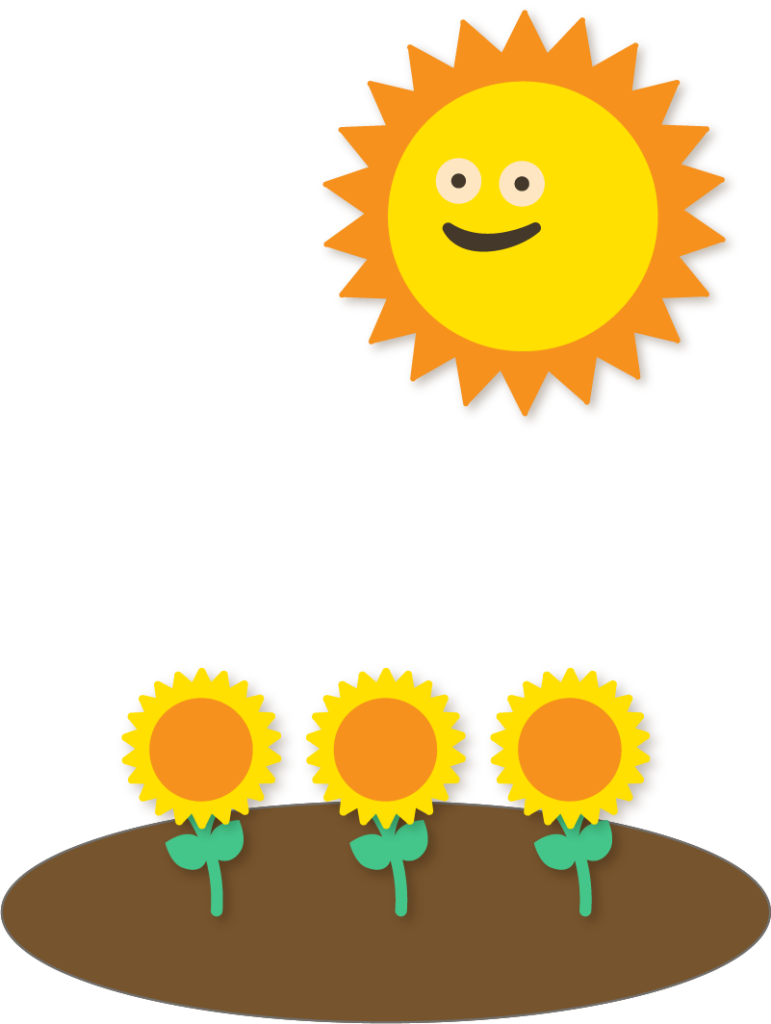
caregiver Voices
Other caregivers talk about how they reduce questions and commands:
“[My coach] was telling me not to ask them questions because they are so little that they’re not gonna pay attention to play time, they’re gonna pay attention on how to answer my question. And I didn’t realize that cause I was like, ‘Well they’re kids, aren’t you supposed to play like that?’ So when I stopped asking the questions and was just going with the flow with them, they actually engaged a whole lot more and they seemed to have more fun during play time. And we were interacting a whole lot better, which was really shocking to me.”
“The best PRIDE skills I feel like I learned the most from was when you have to remember that the child’s at work, playing is like their work and that if you ask them a bunch of questions, you’re really interrupting their playing and their concentrating and their imagination.”
“It made me take a step back and realize I was asking questions, but that could be putting more pressure on someone who’s trying to find the words. So instead, just describing what we’re doing, whether it’s, ‘We are now placing the red block on the blue block, and look at that car go zoom.’ But it gave him verbal words, which is what I was trying to achieve, but in a different way.”
How could you reduce questions and commands?
Match the question or command with the appropriate statement. Do this by dragging the statements to the correct box.
Quiz Summary
0 of 1 Questions completed
Questions:
Information
You have already completed the quiz before. Hence you can not start it again.
Quiz is loading…
You must sign in or sign up to start the quiz.
You must first complete the following:
Results
Results
Time has elapsed
You have reached 0 of 0 point(s), (0)
Earned Point(s): 0 of 0, (0)
0 Essay(s) Pending (Possible Point(s): 0)
Categories
- Not categorized 0%
- 1
- Current
- Review
- Answered
- Correct
- Incorrect
-
Question 1 of 1
1. Question
Sort elements
- “It looks like you are making a house.”
- “It looks like you picked up a red block.”
- “That sounds really frustrating.”
- “That seems like your favorite toy.”
- “I’m going to draw a flower.”
- “I like how you’re keeping the toys on the table.”
- “I finished my building.”
-
“What are you making?”
-
“What color is that?”
-
Child: “My teacher yelled at me today.” You: “Why?”
-
“That’s your favorite toy, huh?”
-
“You should draw a flower.”
-
“Make sure to keep the toys on the table.”
-
“Look at my building.”
Reflection
Think about how you can reduce questions and commands at home:
Hooray! You've learned a new skill: Reduce Questions
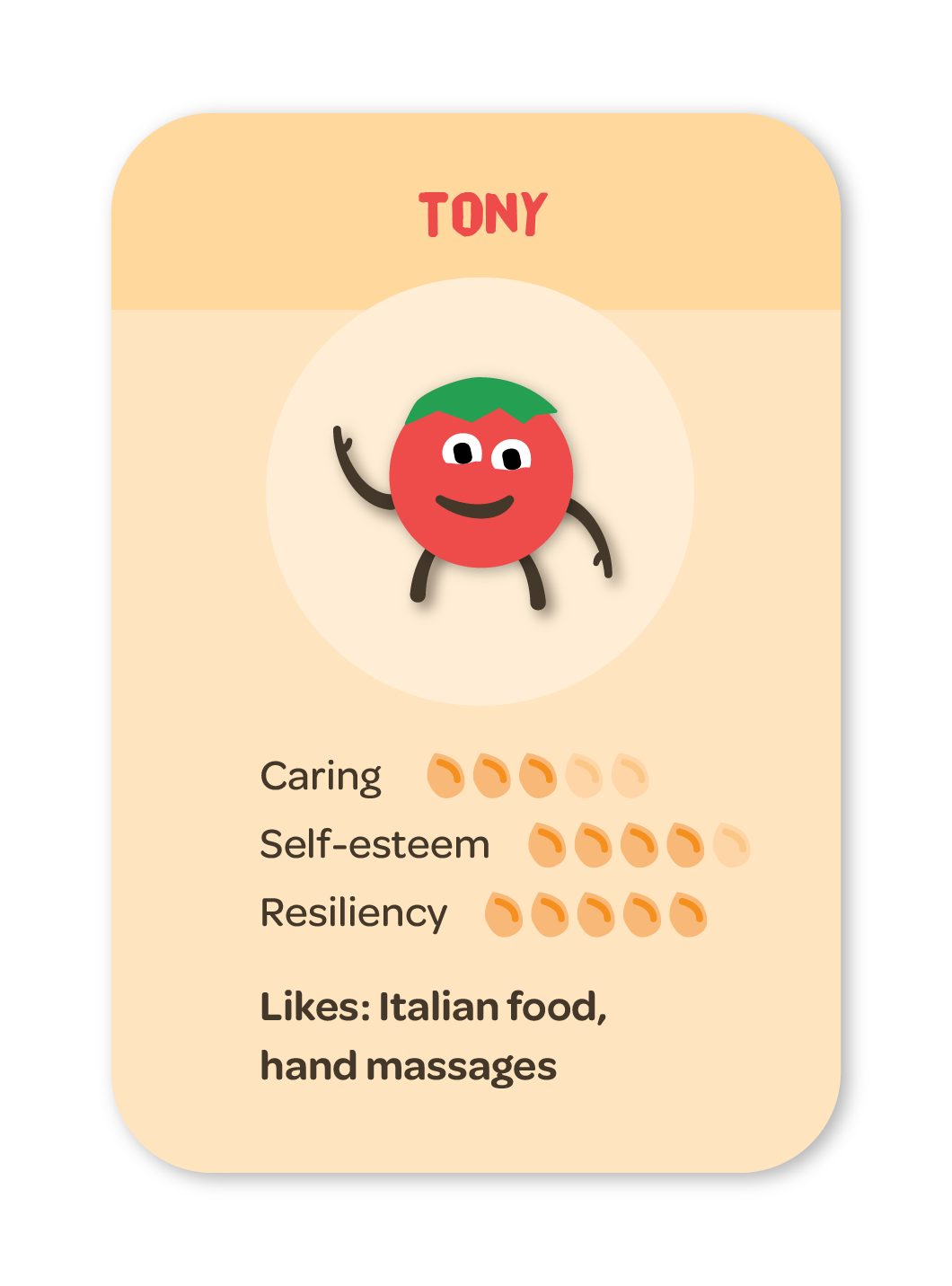
Login/Enroll to track your progress and mark this lesson complete.




